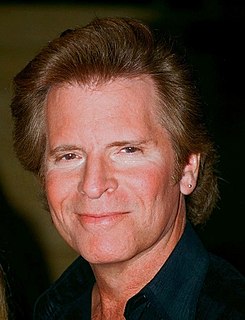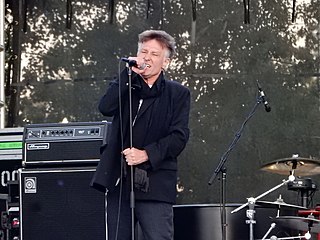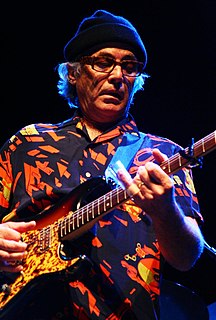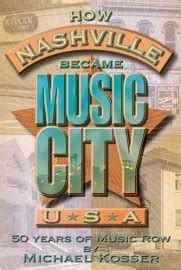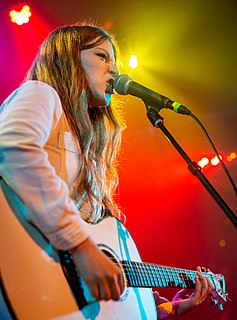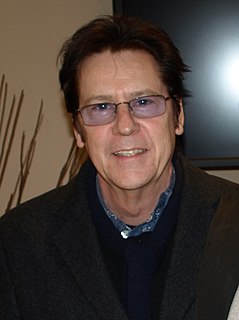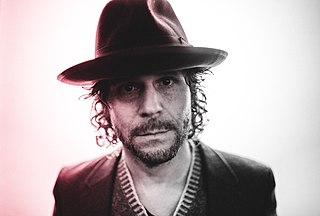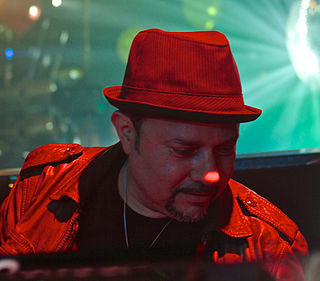A Quote by Feist
I'd hear some beautiful Sade or Kings Of Convenience ballad remixed in a club and I liked that these simple little songs seemed to be masquerading. They had put on superhero costumes, got all beefy, and here they were on the dancefloor. I was interested in that. I can't make electronic beats, so I leave it to the pros like Boys Noize and Chromeo.
Related Quotes
I have known female whores who spoke very bitterly of their calling. "If they don't like my face, they can put a cushion over it. I know it's not that they're interested in." But to the boys this profession never seemed shameful. It was their daytime occupations for which they felt the need to apologize. In some instances, these were lower class or humdrum or, worst of all, unfeminine. At least whoring was never that.
They [Barnes Theatre Club] were a very good group, and for some reason when I finished the backstage thing, I just decided to that I should try to act. So I auditioned for Guys and Dolls and got a little tiny part as some Cuban dancer or something and then in the next play I got the lead part, and then I got my agent. So I owe everything to that little club.
Back in the early '70s, when Susie and I were first married, we had a little house that we rented, and we used to have parties. People would come, and they wouldn't leave. I used to get so tired. I'd put on the Stanley Brothers, 'Songs for the Good People,' and the house would clear in five minutes. It was not liked; it was alien. It was weird.
Here's some free advice; like the folkies of yore, you need to be not just a writer of songs, you need to be a lover of songs, a listener of songs and a collector of songs. If you hear a song in a club that knocks you out or you hear an old recording of a great song you never knew existed, it does not diminish you to record it; it actually exalts you because you have brought a great song from obscurity to the ear of the public.
I kept saying I got sick of listening to people's productions, like people who had no ideas, no songs, nothing to say but could still con people's ears into thinking those songs were there by the application of production. I kind of wanted my record a little more honest than that: "Well, this is us. We put a microphone on it. Here it is."
My two young producers, Fernando Perdomo and Chris Price, had to explain to me that there's a division right now between the two sides. They took three living, breathing percussionists to do the beats on the song "Intensity". We've got all kinds of layers, because I kept saying we didn't get all the beats. If you hear a synth, it's because I put my foot down. But I had to fight for it because they wanted it all totally organic.

